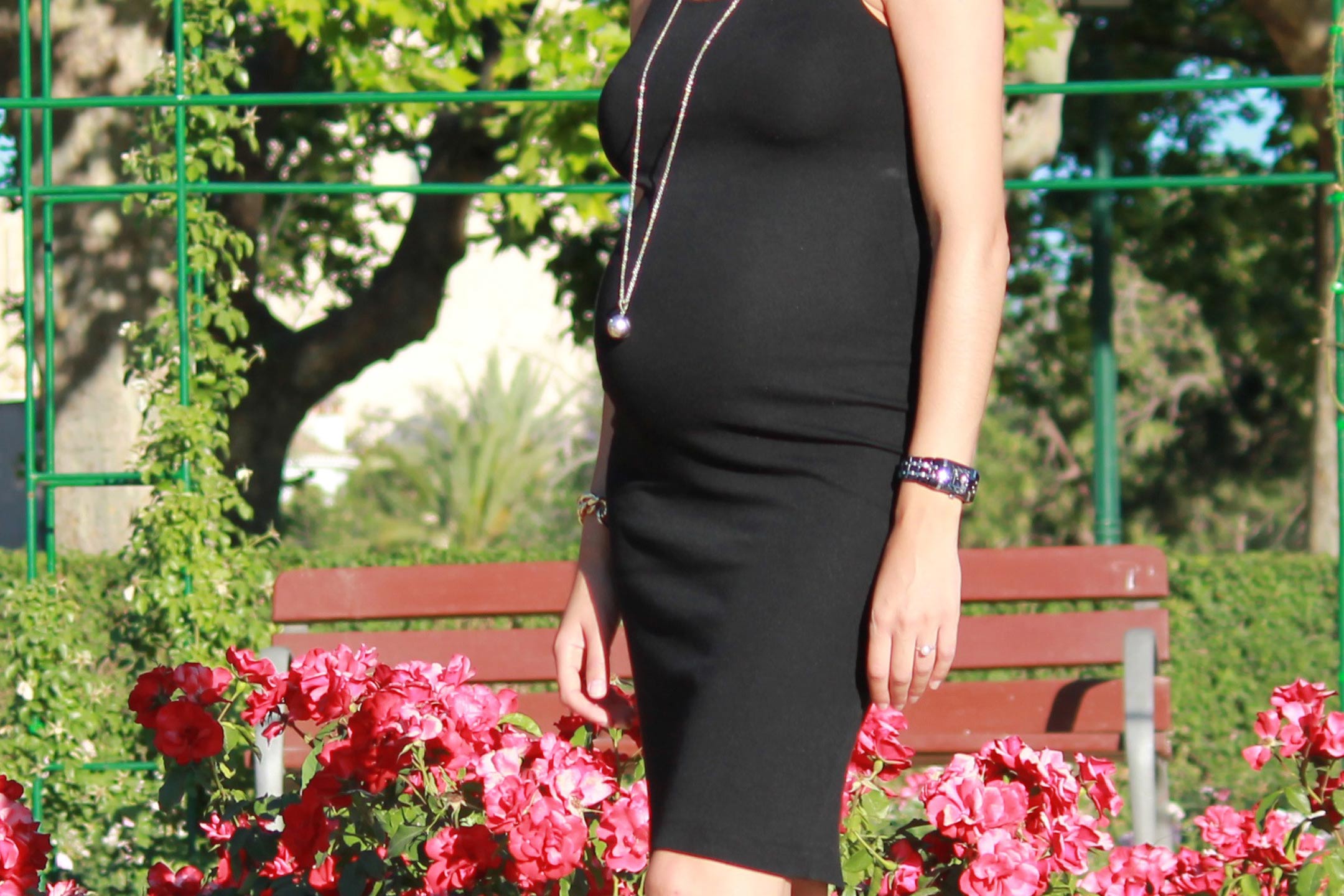
29 Aug From Utter Despair to Overwhelming Joy: The Emotions of Donor Egg IVF
Unlike other tissue donations, if a woman in Australia needs an egg, or wants to donate one, she is largely left to work it out herself through advertising or searching for an ethnically compatible donor through other means. Accessing an egg donor, or becoming one, is largely unregulated.
Victoria is the only state with a dedicated reproductive industry regulator who legally requires you to have permission from the health minister and you must attach the exact wording and registration number to any advertising for an egg donor.
By law, donors in Australia cannot be anonymous, and cannot receive payment for donating eggs or embryos beyond having the reasonable cost of treatments covered. More and more Australian women have been investigating egg donation overseas as another option, due to the short reproductive time that they might have.
Donor eggs.
It’s something you never thought you’d have to consider and happens to someone else – not you. Yet, here you are facing an unbelievable hurdle in your life. From understanding the qualifications for egg donors for finding your perfect match to coming to terms with how you may feel before, during, and after the egg donor IVF process, we take a look at what can be an emotional roller coaster ride below. But what emotions can you expect to feel during donor egg IVF?
Coming to Terms with Egg Donation
Of course, none of us expects to face infertility in our journey towards becoming parents. So the first part of the donor egg hurdle is learning to accept it as a path to parenthood. We hope traditional IVF methods will provide the answer when infertility is diagnosed. Learning to embrace this entirely different route can prove to be a huge obstacle in itself.
- Will I be able to accept my baby isn’t genetically related to me?
- Will I bond with my baby knowing this?
- Will my baby look like it belongs to someone else?
All of these questions and concerns can be overwhelming, which is why it’s important to work through them one at a time. You may choose to do this with your partner or with the help of a specialist counsellor that works with your clinic.
Finding the Ideal Donor
This is another tremendously emotional, exciting, and life-changing decision, and one that can feel daunting and overwhelming.
- How will I know if a donor’s right for me?
- Will we tell our child about their donor?
- Do we choose a donor we know or an anonymous one that’s been recruited by a clinic or donor egg bank?
The latter question is one of the first ones you’ll have to answer, and it often gives rise to other complex questions.
For instance, some recipients want to know exactly who their donor is, e.g. a friend or family member. Some may also prefer the idea of using a maternal family member to ensure there’s a genetic link with their child. However, there are some considerations to contemplate if you choose this option.
- What relationship will you and your child have with this donor afterwards?
- Will you or the donor feel a sense of obligation afterwards?
- Will it create any awkward dynamics within your relationship?
In contrast, some clinics recruit their own egg donors. While this may seem a little more ‘clinical’ in nature, it’s the route most people take. Why?
It’s still an immensely personal decision, and completely within your own hands.
You can search through the range of donor profiles to receive insight into the unique qualities of each donor. From their personality and their appearance to their hobbies and interests, you’ll get to know about each donor before making your decision. You’re also able to base this decision on the qualities you want your child to possess or characteristics you feel mirror your own.
Deciding on the Future Relationship with Your Donor
Now that you’ve found the ideal donor, it’s time to figure out what – if any – relationship you want with your donor in the future. Some donors and parents enjoy ongoing contact with one another, with the donor playing an active role in the child’s upbringing. Others may feel they want to keep this wonderful journey to themselves.
Neither choice is right nor wrong. Instead, it’s important to do what feels right for you and your family. Equally, you may find your needs, feelings, and expectations alter over time, especially once you’re holding your new born baby in your arms.
When using a donor you know, working through all these ever-changing feelings together is imperative to enjoying a positive outcome. You need to be confident of open and honest communication, shared priorities and values, and share a high level of trust with your donor.
Alternately, if you use an anonymous donor you don’t need to worry about the dynamics of an on-going open relationship. Additionally, you have the option to select an anonymous donor who has chosen open donation, meaning she has consented to any child born from her eggs the ability to contact her once the child reaches the age of majority. You can also choose a donor who has not consented to future contact, if you are content in keeping your fertility journey to yourself.
Creating a Bond with Your Baby
Despite the overwhelming journey you’ve just been on, you’re now carrying your baby and creating your own unbreakable bond. All those fears and concerns begin to fade away as you enjoy one of the most amazing feats on earth – pregnancy.
Then, the worries about whether your baby looks like you become a thing of the past when your baby is born and a stranger exclaims to you, “Hasn’t she got your eyes!”
Words: Heidi Hayes Donor Egg Bank USA
The Final Report of the Independent Review of Assisted Reproductive Treatment (Victoria) May 2019

